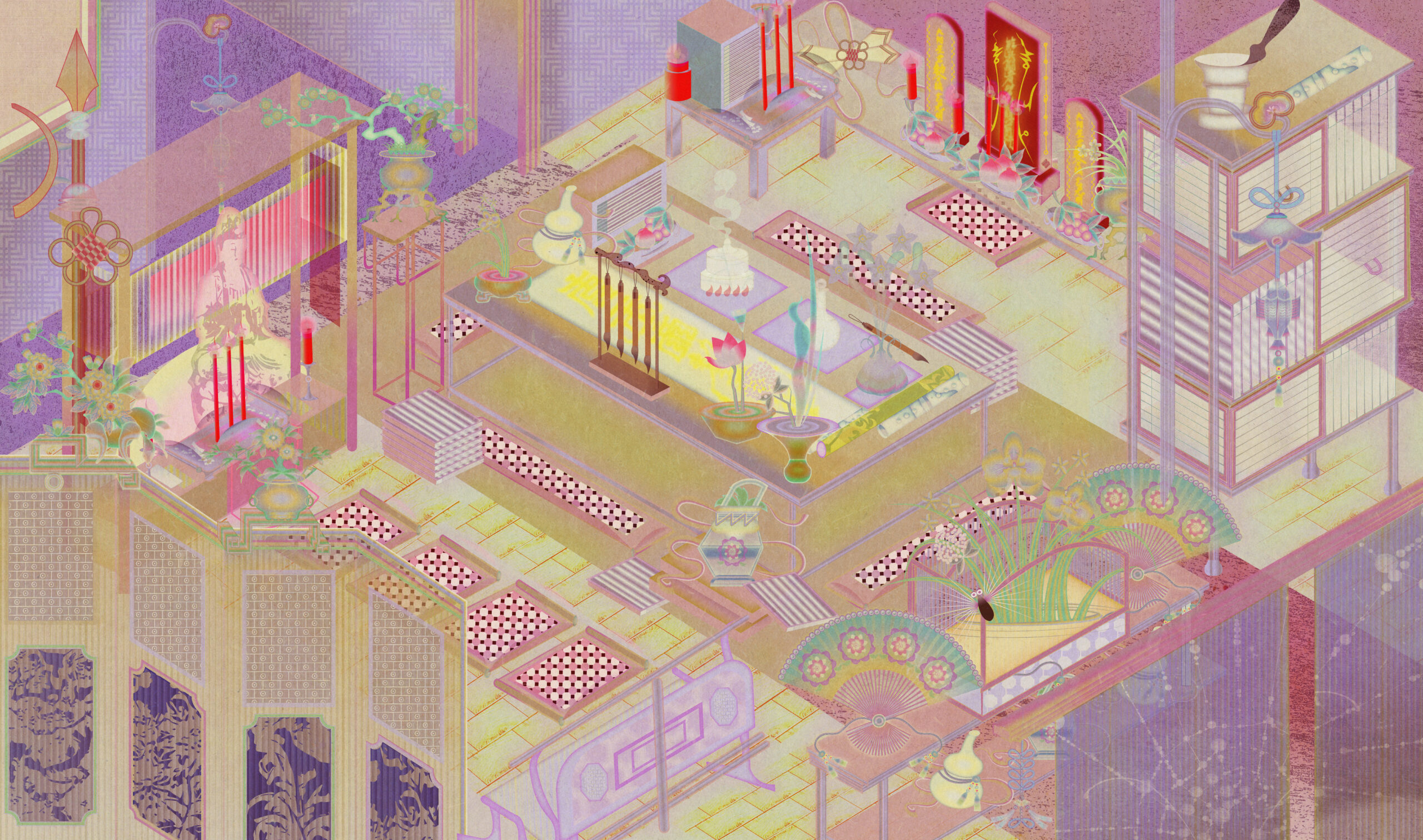ZHANG YUAN: UNSPOILED BRATS & TORA TORA TORA: CHINESE CUTTING-EDGE PHOTOGRAPHY EXHIBITION
| June 1, 2010 | Post In LEAP 3

In the two recent photography shows “Unspoiled Brats” and “Tora Tora Tora” (subtitled “Chinese Cutting-Edge Photography Exhibition” and shortened below to “Tora”) I saw faces and expressions resembling nothing so much as those of the Beat Generation. The young people in the photographs were immersed in their own performances, flirting with the boundaries of the mainstream value system; all one has to do is replace “Beats” with ba ling hou—China’s “me” generation, born after 1980. Even so, this flirtation was by no means at the level of the “challenge to and criticism of” mainstream society cited by UCCA director Jérôme Sans in his introduction. Confined by their picture frames, the subjects’ gazes were mostly inert, their expressions sluggish as they openly broke with the social realities around them. This was a very unusual group of ba ling hou, most of whom were by no means representative; however, their very theatrical performances did satisfy whatever curiosity and imagination the viewer might have had toward this generation of young people.
Zhang Yuan created the work for “Unspoiled Brats” at the invitation of the UCCA. In it, ten attractive faces on small video screens chattered pleasantly about their spiritual worlds, their faces lit from above, as if each video was a small case hearing, or the viewer had barged in on a psychoanalytic session. These individuals represented a union of social marginalization and individualism. Massive, posed photographs further romanticized their alienated existences, as if saying: this is our private affair, unrelated to politics. More personalized and unarticulated words were added on to “marginalization,” as if there was no difference here with the daily question in commercial society of “coffee or tea”; repeated voluntary choices in personal destiny and lifestyle directed toward justifying social context.

Compared to “Unspoiled Brats,” “Tora,” out in Caochangdi on the other side of the Fifth Ring, is even more marginal, in terms of both its geographic location and the renown of its participating artists. The photography experts of Three Shadows rejected the works of more than ten artists showing at “Tora”; this is a self-organized “carnival” of young photographers. Their photographs are nailed simply to the walls in a rough arrangement that seems a bit cynical and frank; many of these photographers, born in the 1970s and 1980s into an age of mass media, use similar visual angles to record their individual experiences and the stories of their young contemporaries. It is hard to see any of the concern toward poverty or insistence on social change of the older generation of Chinese photographers at this exhibition; these photographers are instead adherents of the brand of personal documentary photography practiced by Nobuyoshi Araki, Nan Goldin and Robert Frank.
Both China’s ba ling hou and America’s Beat Generation grew up in times of recovery and renewal on the heels of the Cultural Revolution and World War II, with no experience of the deprivations of the recent past. Facing massive social change and increasingly diverse consumer societies, they both avoided any sense of grand narrative in their photography and the moral preaching and sense of historical mission that came with it. If the John Szarkowski curated exhibition “New Documents” in 1967 marked the rise of personal documentary photography in America, then the genre’s turning point in China was the 2005 feature “The Private Life of Photography” published by City Pictorial. Photographer Lin Zhipeng’s declaration that “we have no sense of responsibility” shares common cause with “New Documents” artist Garry Winogrand’s repeated and open refusal to bear responsibility for his images and his fierce denial of the connection between photographs and any common semantic system. Gu Zheng has criticized the limitations of this group by saying “the tendency to avoid engagement with reality is limited by its self-centered impulses; while presenting society’s increasing diversity it also reflects its trend toward cynicism.” While “Tora” may be brimming with life and a sense of many possibilities, it remains to be seen whether depoliticized personal documentary photography can continue to mature and develop more social relevance. Tang Lingjie

